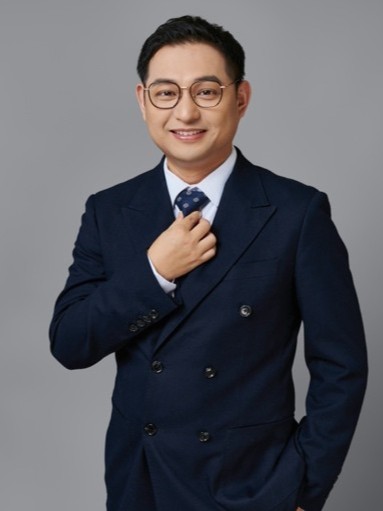
Assoc. Prof. Bo Sheng
Shanghai University, China
Biography: Associate Professor Bo Sheng, a Shanghai Leading Talent (Overseas) and Shanghai Pujiang Talent, obtained his Ph.D. and completed postdoctoral research at the University of Auckland, New Zealand, where he studied under international leading scholars in rehabilitation robotics and biomechanics: Professor Shane Xie (Fellow of both the Royal Society of New Zealand and Engineering New Zealand, National High-Level Leading Talent), Associate Professor Yanxin Zhang (Director of the Biomechanics Laboratory at the University of Auckland, Distinguished Minjiang Scholar of Fujian Province), and Associate Professor Lihua Tang (President of the New Zealand Chinese Scientists Association). Currently serving as a Tenured Associate Professor and Master’s Supervisor at the School of Mechatronic Engineering and Automation, Shanghai University (a Double First-Class university), his research focuses on bio-mechatronics integration systems, with key directions including large language model-driven smart elderly care/healthcare, intelligent human-robot interaction, rehabilitation medical robots, multimodal information fusion, and intelligent recognition algorithms based on electromyography (EMG) and electroencephalography (EEG). Centering on the mechanisms of complex human motion, intelligent control strategies, and cross-modal biosignal interpretation, his work aims to advance AI-enabled rehabilitation engineering and smart medical devices. To date, he has presided over or participated in more than 30 national and provincial-level research projects, published over 60 high-impact papers, and accumulated more than 1,200 total citations.
|